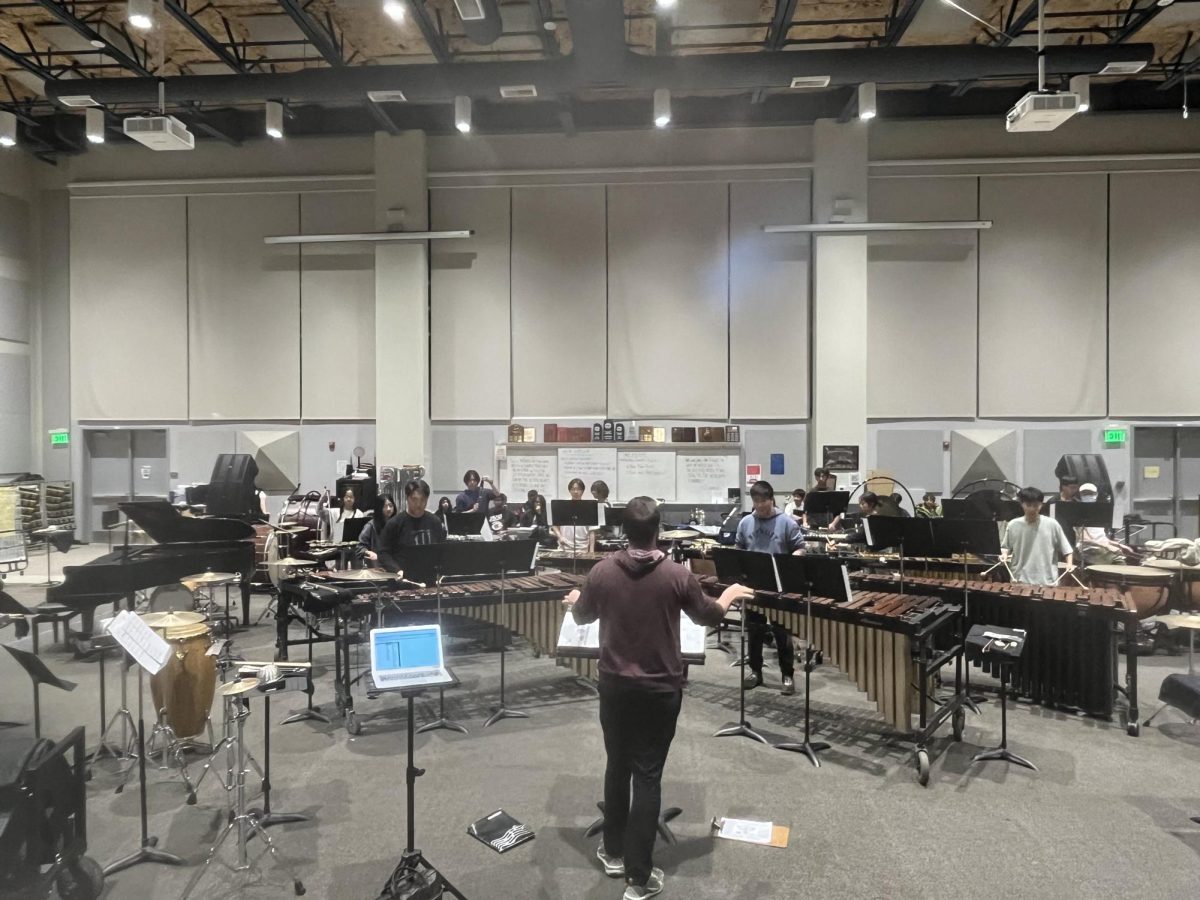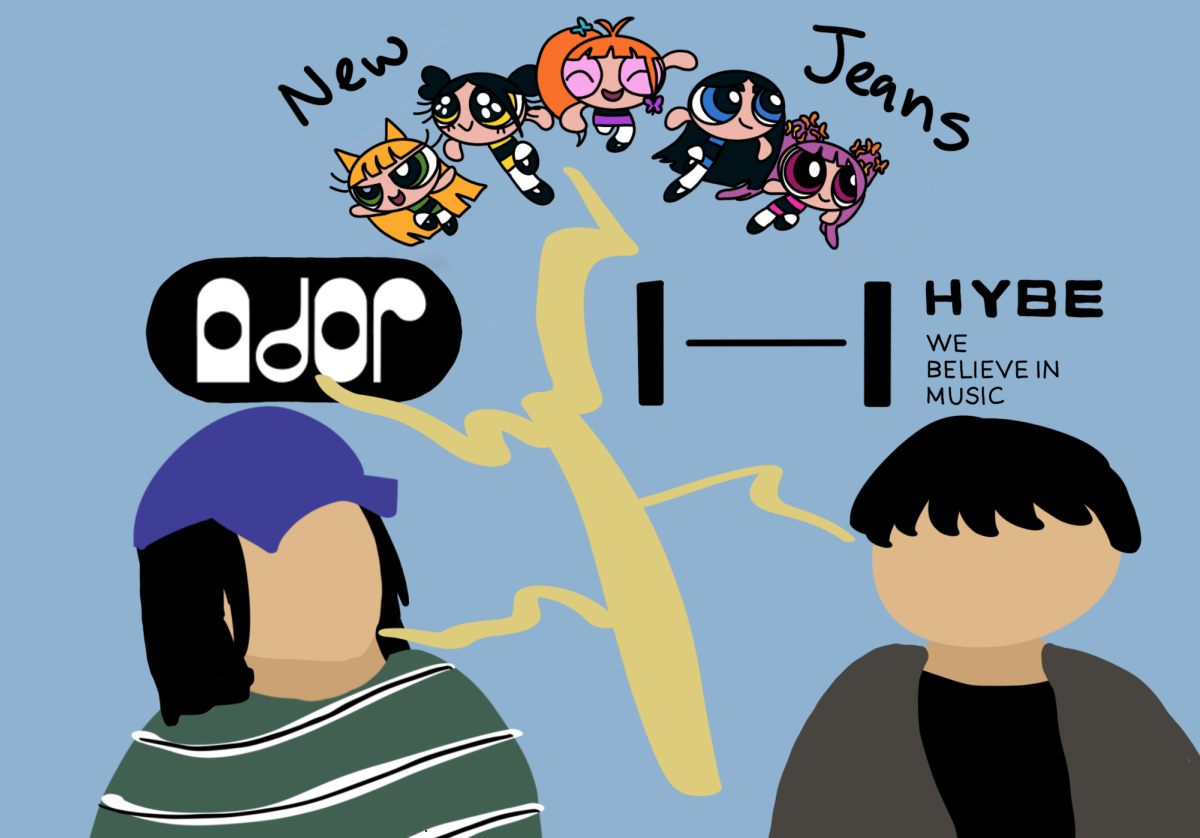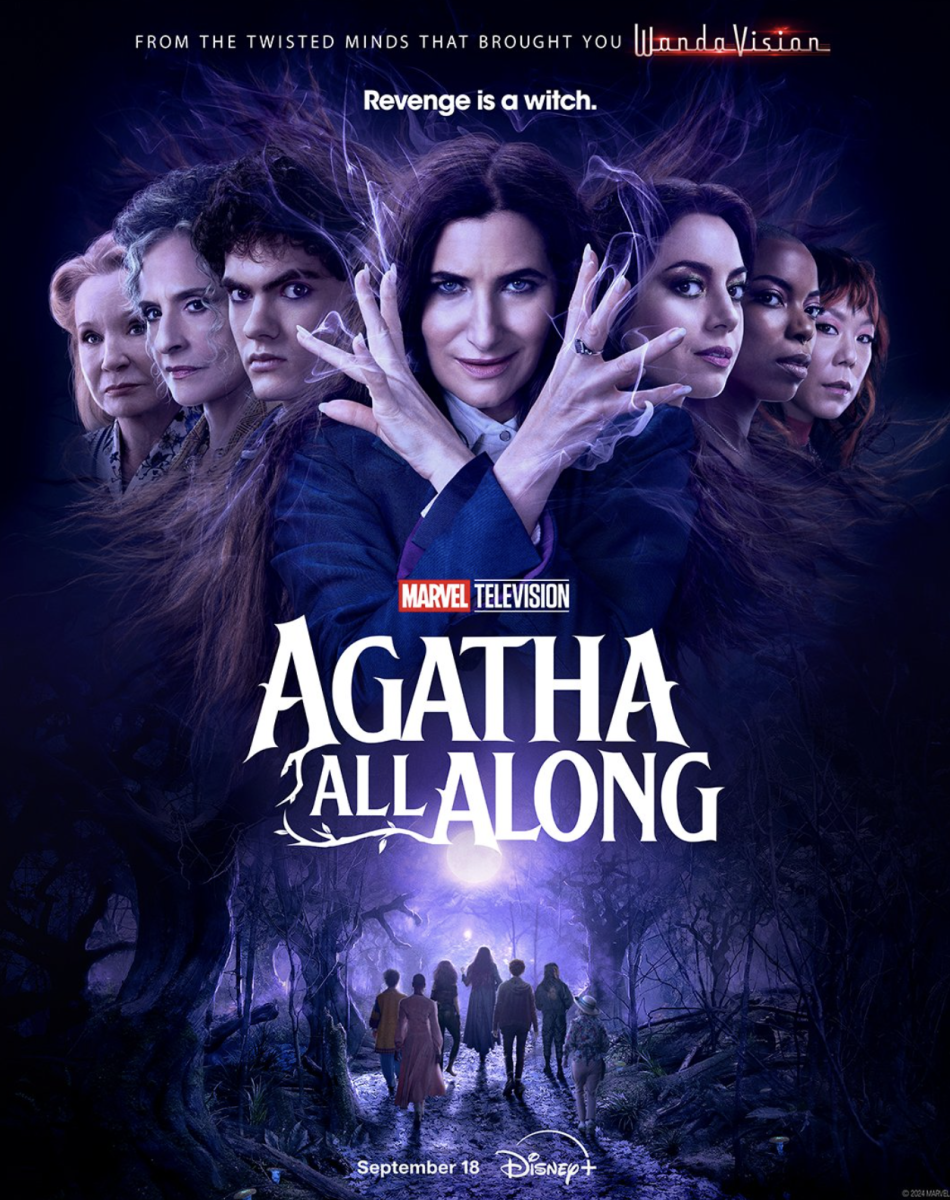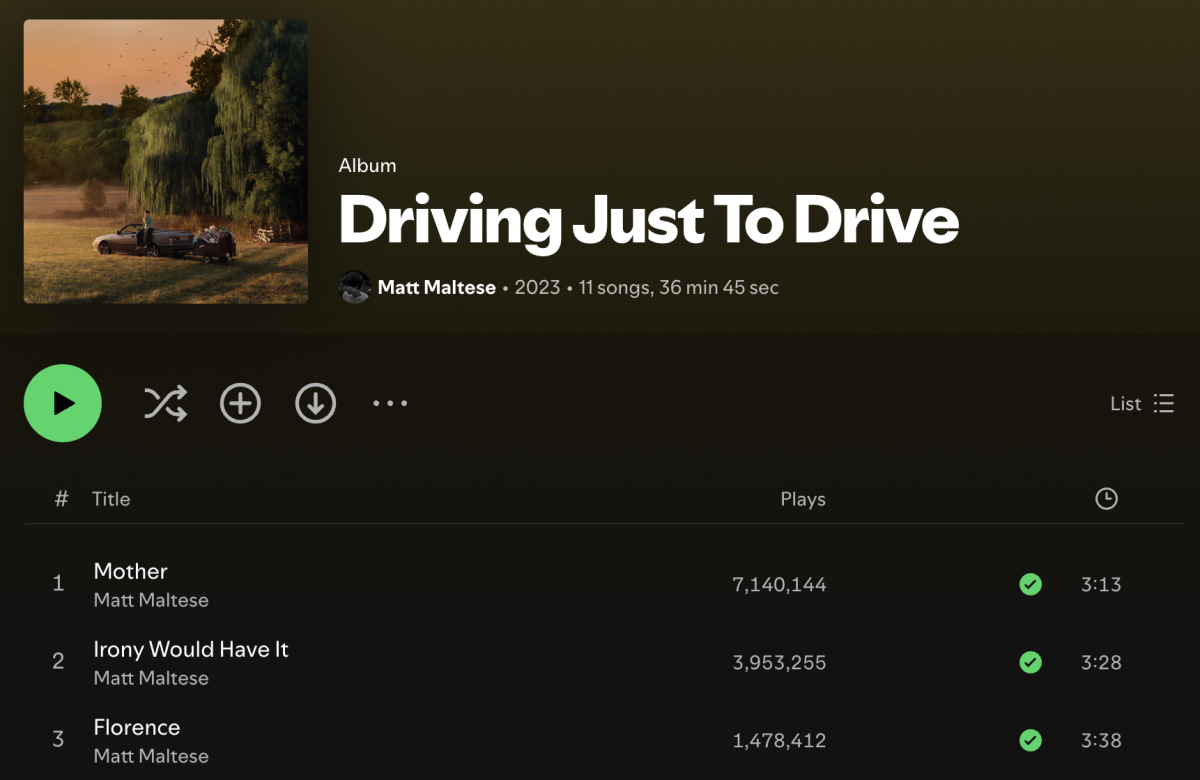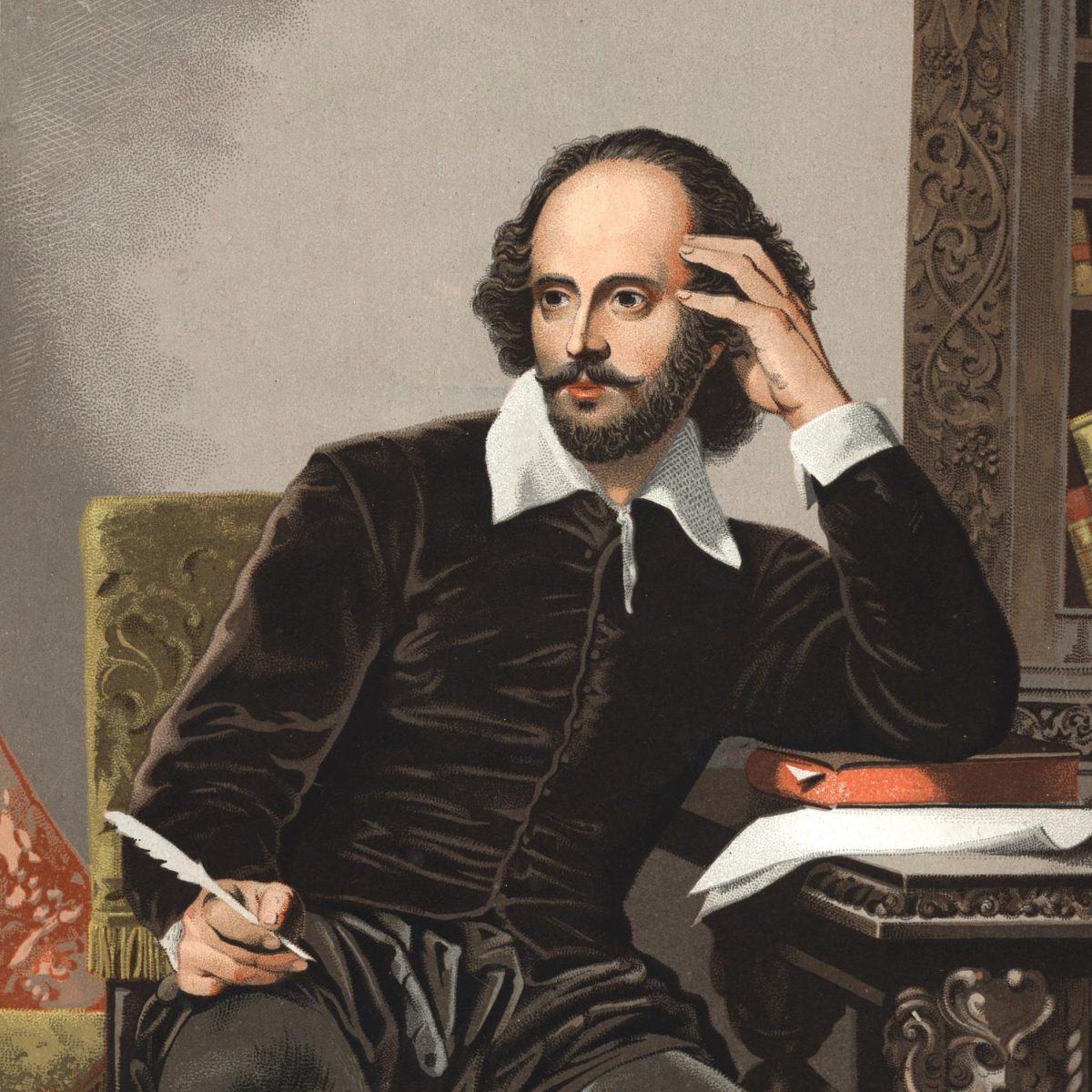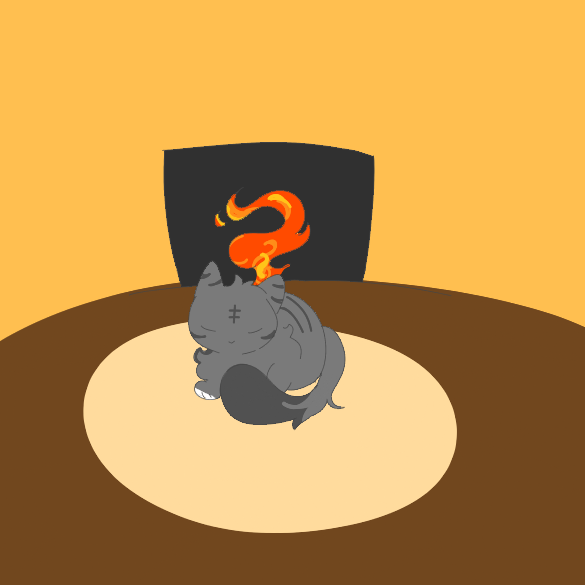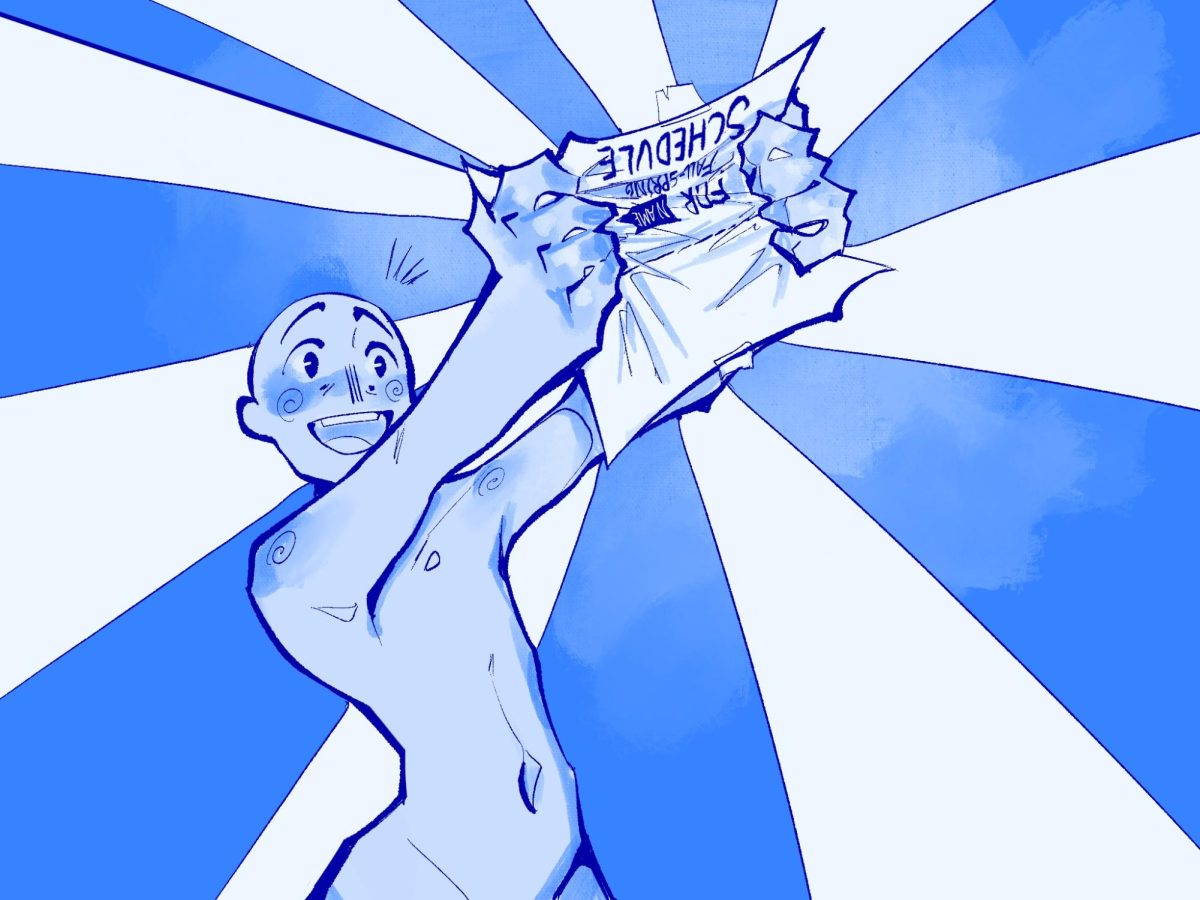Last summer, director Christopher Nolan once again proved that original films can have success in the box office, as his retelling of a WWII story in “Dunkirk” soared to the top 20 grossing movies worldwide in 2017. In total, Nolan’s film grossed $188 million domestically, and $337 million overseas.
With originals proving to be able to hold their own in the box office, why are there so few popular original movies?
In fact, in 2017, Dunkirk was the only top 20 grossing movie that was not an adaptation, sequel or reboot. In 2016, only two of the top 20 were originals.
One of the problems is that studios are more concerned with making money than with telling quality stories. The production company Hasbro’s adaptation of the popular board game “Battleship” is a perfect example: Despite receiving terrible critical reviews, including a 34 percent on Rotten Tomatoes and 5/10 on IMDb, the film was still able to make $300 million on a $220 million investment. Recently, Hasbro confirmed that they will start work on an animated film adaptation of Hungry Hungry Hippos, yet another take on a board game somebody else thought of.
This mode of production has been popular long before the emergence of blockbusters in the 1970s. Major studios like Warner Bros. and 20th Century Fox discovered off painful flops such as “Reds” (1981) and “Ishtar” (1987) that moviegoers would much rather go see movies like “Jaws” and “Star Wars” over and over again.
The issue is a vast majority of sequels, prequels and reboots painfully fall short of their original predecessors. Films like “Ghostbusters,” “X-Men Apocalypse” and “Fantastic Beasts and Where to Find Them” all have uninspiring storylines, bland characters and generic archetypes.
That is not to say that all reboots and adaptations lack entertainment value, but it is nice to get a breath of originality such as successful blockbusters in Disney’s “Zootopia” and Nolan’s “Interstellar.”
For every good sequel such as “Captain America: Civil War,” there are a handful of downgrades like “World of Warcraft” and “Assassin’s Creed,” and “Batman v Superman.”
The current state of the film industry seems to gravitate more to riding off popular franchises rather than creating genuinely interesting storylines and characters.
This begs the question: Why do studios still invest heavily in unoriginal films? Part of the reason is for assurance that the film can still make money off the name even if the quality is subpar. Even sequel films that fail financially, make more money, on average, than most original films.
It is up to us as an audience to support films that bring forth new stories rather than recycling worn out ones. As for directors, more should strive to follow in the footsteps of Nolan, who proves that movies can be both original and enticing in the box office.




